01730 622544
Getting your Dog To Eat Again After Surgery
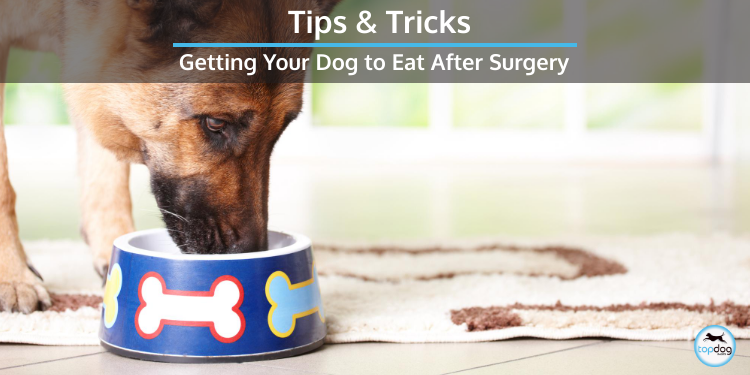
Going through surgery is no small feat. Many surgeries performed on dogs require full anaesthesia, so it's no surprise that your dog may not feel quite like themselves upon waking. And if your dog has had a serious procedure that requires a lengthy recovery, it may be quite some time before they're completely back to the happy, healthy pup you know and love. While every dog responds to surgery differently, a common side effect after their procedure is not wanting to eat. The reason your dog is turning their nose up at everything you offer may be because they're feeling nauseous from the anesthesia or simply uncomfortable from the procedure. So how do you know what's normal, and when should you be worried? And what are the best ways to persuade your pet to eat? As we mentioned, loss of appetite after surgery is common, but not ideal. Typically speaking, your dog can go up to 24 hours without a meal without any adverse side effects. In fact, if your dog has had anesthesia, it's best to wait a few hours to feed them to ensure the grogginess has completely worn off and they won't choke. Try the tips below and if they're still not eating after 24 hours, call your veterinarian for advice.
Warm Up Their Food
If your dog usually eats dry kibble, adding a bit of warm water to their food can soften it up and make it easier to eat, which can be key for a dog who's feeling low-energy. You can also try adding water then microwaving their food for a few seconds, which will enhance the smell and make it more enticing for your pup.
Add Some Tasty Protein
If your dog is turning their nose up at their usual kibble or canned food, you can try enhancing it with some flavorful protein. This will not only whet their appetite, it will also help their body recover. You can read more about the power of protein here. Try adding a couple cooked eggs, some shredded cooked chicken (bones removed), or some boiled ground turkey. Whatever protein you choose to add, just be sure it isn't too rich avoid heavy, fatty meats or anything fried. Like in humans, anesthesia can cause nausea, and rich foods or treats can upset the stomach even more.
Prepare a Home Cooked Meal
If some added protein isn't doing the trick, pamper your pup with a homemade meal consisting of a 1:1 ration of a cooked protein and a carb. This could be boiled ground turkey with rice, chicken with pasta, or fish with potatoes. Again, whatever you whip up, make sure it isn't too rich so as to not upset their already sensitive digestive system.
Try Baby Food
As strange as it may sound, baby food may be just the thing to get a sore, tired post-surgery pet to eat. Its soft consistency is easy to ingest no chewing required. You can buy jars of pre-made baby food or make your own in a blender with your dog's favorite carbs or veggies, and can even spoon food it to your fur baby. As always, check the label and make sure all ingredients are ok to give your pup.
Hand-Feed Your Pup
Never underestimate the power of a little TLC for a recovering pet. Try getting down on their level and gently hand-feeding your dog little bites of kibble, cooked chicken, hardboiled egg, etc. Go slowly and talk softly to them, offering plenty of pets and word of encouragement. It's important not to rush or force them to eat, which can have the opposite effect of turning them off food even more. (Hint: This can be an especially helpful tip for dogs required to wear an Elizabethan collar during recovery. For more advice on how to help your dog eat while donning the cone of shame, read My Dog Hates the E-Collar, Now What?) Every dog is different, so get creative and try different things. If your dog vomits anything you feed them post-surgery, make sure the food wasn't too rich and try feeding a smaller portion at the next meal. While loss of appetite is normal post-surgery, remember to call your veterinarian for advice if your dog hasn't eaten anything after 24 hours. Most of all, be patient with your pup and try not to worry too much. While post-surgery can be a stressful time for both of you, especially if you're worried about your dog not getting the nutrition they need, keep in mind that your mood affects your dog in a huge way. If you can remain calm and relaxed, your dog will instinctively understand that everything is going to be okay, and you're here to help them through.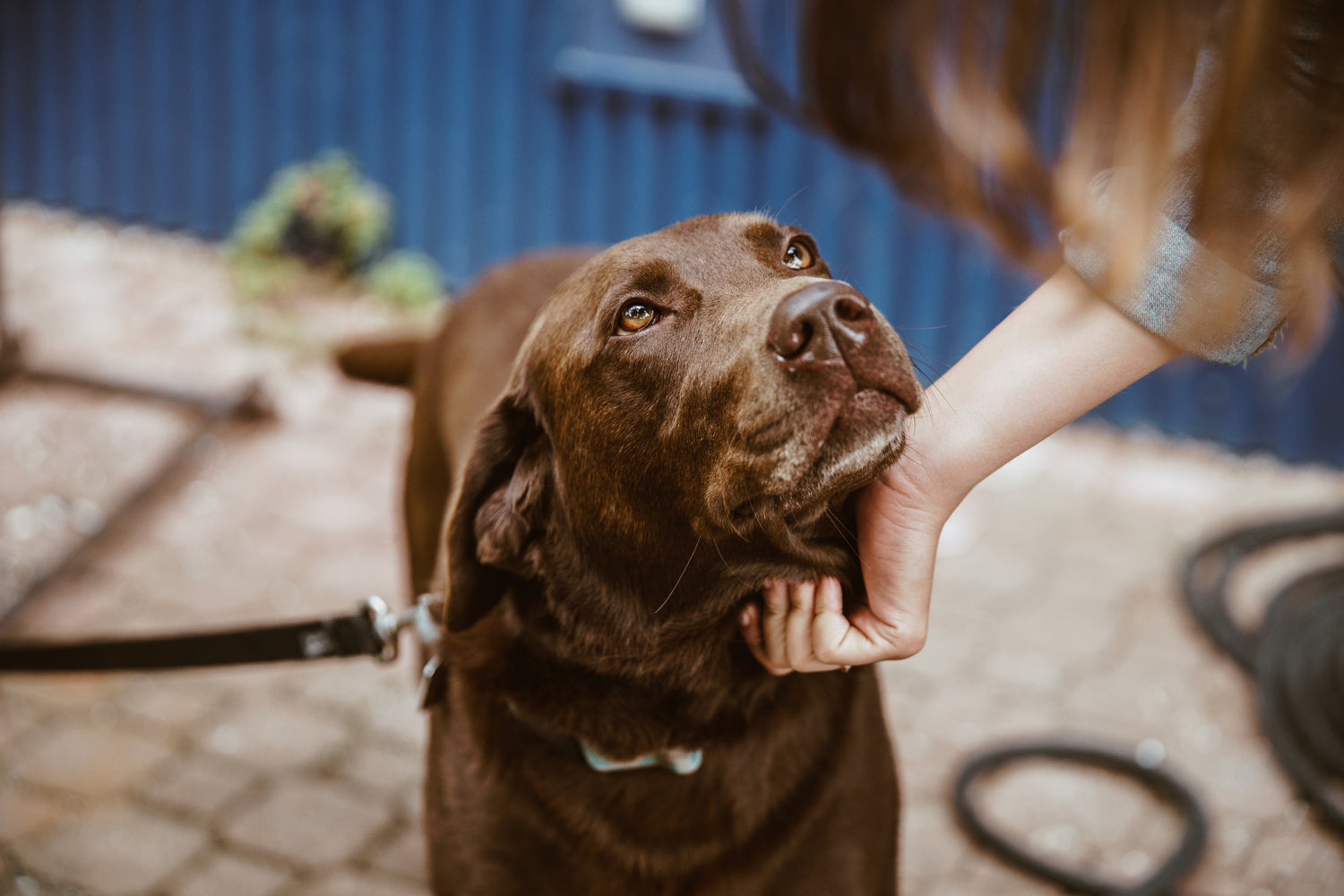
Looking for help with your dog?
We can help find the right solution for your dog
Feel free to give us a call on 01730 622544
or email us at woof@zoomadog.co.uk


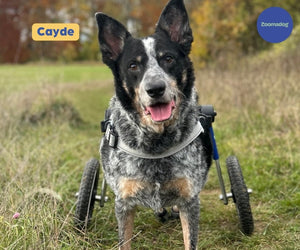
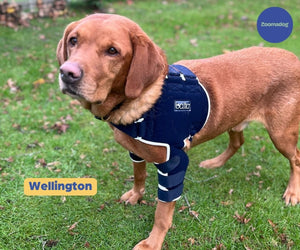
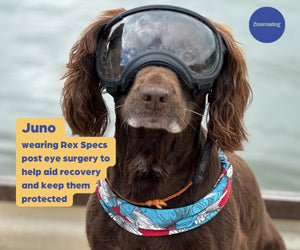
Leave a comment